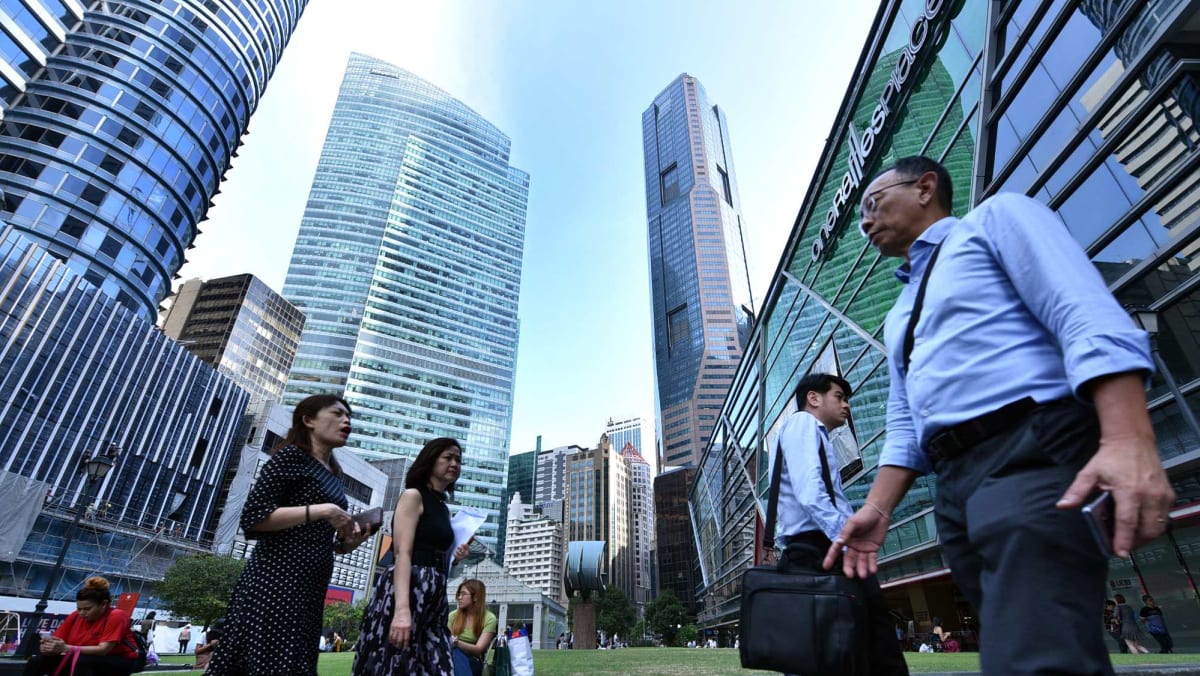CNA Explains: Retrenched in Singapore? Know your rights
There was also confusion over a company-wide email Musk sent to employees – telling them to either click a link confirming they wanted to be part of Twitter or to collect their severance pay – and whether such a move has force in Singapore.
CNA spoke to lawyers about protections in the event of retrenchment.
What legal protections are there for retrenched workers in Singapore?
Singapore’s law provides limited protections for retrenched workers and is generally seen as more friendly to employers, according to multiple employment lawyers.
For example, retrenchment benefits are not mandatory here.
“There is no overarching law which enshrines statutory protections for retrenched workers,” said Mr Clarence Ding, partner at Simmons & Simmons.
“The most that we have is Section 45 of the Employment Act 1968 and the Tripartite Advisory on Managing Excess Manpower and Responsible Retrenchment.”
The Employment Act is Singapore’s main labour legislation. Section 45 says that “no employee who has been in continuous service with an employer for less than two years is entitled to any retrenchment benefit”.
This applies to employees in non-managerial and non-executive roles whose salaries do not exceed S$2,600 a month, and workmen whose salaries do not exceed S$4,500 a month.
The provision seems to limit any retrenchment benefit rather than accord it, said Ms Muntaz Zainuddin, partner and head of the employment practice at IRB Law. But she added that reading “between the lines” indicates an employee of more than two years should receive some form of benefit.
The Employment Act also stipulates the minimum period of notice to be given when terminating employees. It entitles employees to be served their contractual notice period or be paid salary in lieu of notice.
Employers are also legally required to notify the Ministry of Manpower (MOM) of any retrenchments, within five working days after the affected employees have been informed.
Meanwhile the Tripartite Advisory on Managing Excess Manpower and Responsible Retrenchment is issued by MOM, the National Trades Union Congress and the Singapore National Employers Federation. It has no legal force.
It advises employers to consider cost-saving measures before resorting to retrenchment, and encourages consideration of “objective selection criteria”, “maintaining a strong Singaporean core” and “clear communication and notification” as part of “responsible retrenchment”.
On support for retrenched workers, the advisory says that “employers’ ability to pay retrenchment benefit depends on their financial circumstances at the point in time”, and encourages them to pay a “reasonable sum”.
It sets out a recommended range of two weeks to one month of salary for each year of service, for employees with at least two years’ service.
Those who have worked for a shorter period could be granted an “ex-gratia” or voluntary goodwill payment.
But companies have latitude to depart from these ranges, taking into consideration their financial position and industry norms, said Ms Amarjit Kaur, partner at Withers KhattarWong.
The tripartite advisory does not create any rights an employee can directly invoke against an employer, said Ms Fatim Jumabhoy, managing partner leading the employment, pensions and incentives practice at Herbert Smith Freehills in Singapore.
“Employees can make a complaint to MOM, but MOM’s powers are largely confined to administrative sanctions (usually preventing the employer from hiring foreign workers),” said Ms Jumabhoy.
Mr Ding noted that the advisory does not set out any redress mechanism in the event its recommendations are not followed. But he also said that most employers in Singapore abide by the recommendations.
For all the latest business News Click Here

